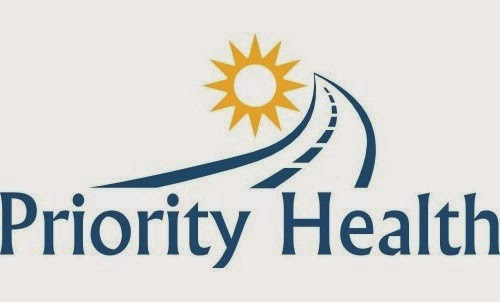
Physician Burnout
In February 2009 the Annals of Emergency Medicine, a peer reviewed journal put out by the American College of Emergency Physicians, published an article entitled: "Tolerance for Uncertainty, Burnout and Satisfaction with the Career of Emergency Medicine", it was a paper reporting results of a study that surveyed many ACEP members. The study wanted to realize the impact of physician “burnout” in this field of medicine. The importance in this group of physicians is that several years ago it was noted that the number of doctors retiring from this field is equivalent to those entering this field of medicine. And with healthcare reform inevitable, emergency rooms will be even more crowded and utilized as we have seen massive surges in recent years. This fact coupled with a rather high incidence of Emergency Room closures due to the economy places amazing strains and stress on the physician providers.
I have been practicing medicine since 1991 and for the past 16 years Emergency Medicine in one capacity or another. It is claimed that the “burnout rate” of a typical EM physician is some 8 or so years. So maybe I have superseded this statistic. However, as of late I have felt the “hurt”. I have decided that my family, my sanity and overall well being take priority over my primary calling in medicine. Luckily, I wear many hats and can diversify into other areas of medicine such as urgent care, occupational medicine and natural and integrative medicine or even a small private general practice. That is my immediate plan. After September of this year I will reduce my hours in the ED. Unfortunately, I am not the only one with these thoughts or plans. As the medical schools in America cannot keep up with the demand for primary care physicians and the EM training programs are not putting out enough trained to meet the need, and those taking early retirement are high it leaves a vacuum. This is something the Obama administration better address as they look into healthcare reform. Keeping physicians happy and making this field attractive to those thinking of a career in medicine is paramount to the success of any healthcare system. An exodus of physicians seeking early retirement or another career would result in an implosion of our healthcare system.
Physician burnout is not just a symptom of Emergency Medicine; it has affects in many other fields. It is multi-factorial and encompasses aspects of what American’s envision as the pursuit of life, liberty and happiness, it also deals with family dynamics, the insurance industry with reimbursements, pay scale, time off. Additionally it deals with pressures to perform by exceedingly higher patient standards and perceptions, pressures from hospital administrators, medical malpractice claims and insurance premiums.
Early on the physician susceptible to burnout exhibits an eagerness to work overtime and in so doing can disrupt his own life. He also has a feeling of delivering an unrealistic standard of care given the system. And there is the belief in the novice EM physician that he, unlike his predecessor is immune from burnout.
When burnout starts to show, there are signs of irritability, restlessness and fatigue. Also some experience boredom in the mundane and repetitiveness of what they do and see. For example, seeing the 10th geriatric nursing home patient that presents with generalized weakness in one shift can drive anyone past their limits. Anxiety and depression may follow and there are those with somatic symptoms such as backache and headache that develop. Insomnia is often a symptom as one worries about their next shift. Skipping breaks and not taking lunch or dinner routinely can hasten the burnout process. Other symptoms and signs noticed by others can be the constant rumination and conversations about work and the job. The use of drugs and alcohol to self treat the symptoms of burnout are an ominous sign.
Late in the burnout stage a physician can often be perceived as cynical, apathetic and having lost interest in his work. Some with burnout will arrive late to work or even call in sick. There is an overtone of loss of empathy, callousness and even the reference of patients in a dehumanizing way. The use of terms such as gomer, trolls, dirt bags are signs of such. There are those who have feelings of loneliness, despair, isolation and hopelessness. This can all lead to the development of a negative attitude towards oneself, family and co-workers. Some with burnout are unable to find joy in any aspect of life; they can lose control and become verbally and physically abusive to others. Often times they will argue with staff and nurses over minor and trivial issues. Panic attacks, severe clinical depression, guilt, rumination and suicidal thoughts are common psychological manifestations of burnout.
Les I become victim or victimize my family and friends; I have taken a step toward reducing those things that are beyond my control to avoid the late stages of burnout. This should be lesson for others.
----
JP Saleeby, MD is an Emergency Room physician of over sixteen years. He also has interests in nutritional and preventive medicine and has authored a book on Adaptogen Herbs.
References:
http://www.medicalnewstoday.com/articles/4563.php
http://www.acep.org/pressroom.aspx?id=44050
Schumacher Group Online CME
©2009

